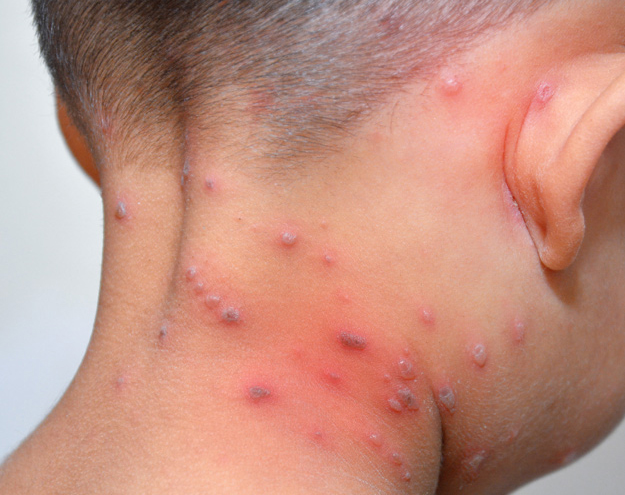
Chicken Pox Vaccine Available At Miles Pharmacy
What is Chickenpox?
Chickenpox is a highly contagious infection caused by the varicella-zoster virus.
- It usually causes a fever and an instantly recognisable rash made up of itchy and inflamed pimples that quickly change into blisters that then crust over to form scabs.
- It is not unheard of for sufferers to have over 400+ blister dotted all over their bodies.
- It’s worth pointing out Chickenpox can be really itchy and horribly uncomfortable, leaving scars, and sometimes causing severe disease.
- Adults may suffer more life-threatening symptoms, including pneumonia. In people with reduced immunity, chickenpox can be fatal.
- Chickenpox is spread by inhaling droplets coughed up by people infected with the virus, or by physical touch.
- People with chickenpox become contagious about two days before the rash becomes visible, which can make it harder to avoid becoming infected.
Popular affected travel locations include
Chickenpox is prevalent in all countries worldwide.
Childhood vaccination is used routinely in the U.S., Canada, and Australia but in relatively few other countries.
In temperate climates, peak incidence among children occurs in the winter and early spring. In tropical countries, the highest incidence is in the dry, cool months.
The disease tends to be acquired later in childhood, resulting in increased susceptibility among adults.
Recommended Treatment Vaccine
-

The vaccine can be given to anyone over 12 months of age:
-

Dosing Schedule - 2 Doses Are Required
Book Your Appointment With Miles Clinic
Our pharmacists are here and ready to help, choose your service from the list below and book an appointment at a time to suit you. If you have any questions about our services or our pharmacy, please give us a call.

Chicken Pox Do's & Don'ts
Chickenpox is famous for its irritating itchy spots, but scratching can lead to scarring or even worse infection, so try using a calamine lotion to help soothe the need to itch.
Don’t send your children to school or nursery while they’re still infectious, which is until the final spot has crusted over.
This is usually five days from the start of the rash. Chickenpox is very contagious and, although usually mild in children, can cause serious complications for pregnant women, newborns and those with weakened immune systems.
Questions About Chicken Pox?
Chickenpox is caused by the varicella-zoster virus and is extremely contagious. It causes an itchy blister-like rash all over the body and face.
Those at highest risk are babies, adults, and those with weakened immune.
The NHS Chickenpox vaccine schedule consists of 2 doses. The first vaccination in children is between 12 to 15 months old and the second at four to six years old.
Anyone over 13 years old who has never had chickenpox should also get two doses (typically given 28 days apart).
Yes, the chickenpox vaccine is safe and effective. Chickenpox vaccine side effect may include a sore arm or mild rash.
Chickenpox usually last five to seven days. Symptoms include:
- Itchy, Fluid-Filled BlistersRash (especially on face, chest and back)
- Fever
- Tiredness
- Loss of Appetite
Severe cases of chickenpox are rare but possible. Complications can include bacterial infection, bleeding, and dehydration.

